A brief guide to SEO for journalists and newsrooms, and how to increase engagement with audiences through search.
Firstly, what is SEO?
Search engine optimisation (SEO) is the process of improving your content to increase how many people you are reaching, and how relevant this audience is. There are a several techniques that help your articles (or other website content) rank higher on search pages so that when people look for information (e.g. by ‘Googling’) on a relevant topic, your content is more likely to appear.

LINA recommends: WTF is SEO?, a weekly newsletter and Substack helping you understand and prioritise SEO and strategy/content ideas for your news.
General tips for SEO improvement
- Use clear, concise headlines with key words. CoSchedule’s Headline Analyser can assist with optimising your headlines.
- Link to other relevant articles throughout your writing. Hyperlinks to both internal (other pages on your own website) and external (other websites, articles etc.) sources provide search engines with the context for your article, improving SEO.
- Make sure your articles are optimised for mobile use — Google gives preference to mobile-optimised content.
- Include images in your articles, and ad ‘alt’ text to these for accessibility.
- Be conscious of article length. SEO can often be improved by ensuring your articles are roughly between 300-800 words (depending on the type of content etc.).
- Fill out meta description for articles. If you need a hand with working out how to do this (or any other website support), book in a meeting with LINA’s Technical Manager Adrian.
- Use SEO insights to decide optimal publishing times, including updating content and creating new articles. WTF is SEO? shows you how.
Dive into more suggestions in LINA’s ‘Best Practice SEO’ shop-talk session from 2023, hosted by the ABC.
The ABC also ran an SEO workshop at LINA’s 2024 summit — members can access the session slides here.
SEO tool suggestions
Yoast SEO (WordPress plugin, $US99/yr) provides immediate feedback for keyword optimisation, meta descriptions, content structure and more.
Google Search Console (free) helps you track your website’s performance using the keywords they’re ranking for.
